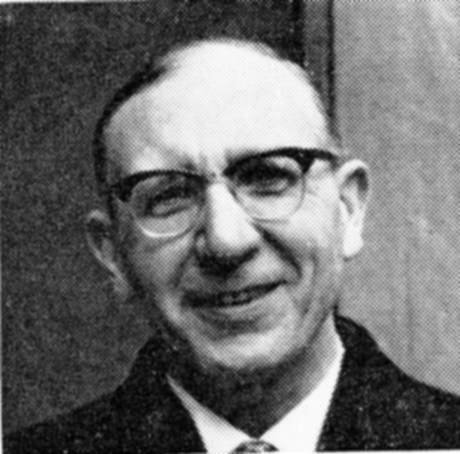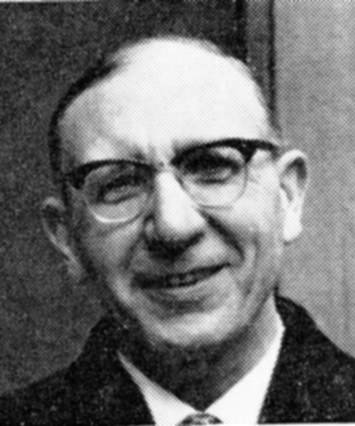Will Reed was a gifted composer and Director of Music.
Dr William L Reed won the John Owen Osgood chamber music prize at Oxford in 1934 while on a classics Exhibition at Jesus College. Though not at that time a music student, he was interviewed by the Professor of Music, Sir Hugh Allen who encouraged Reed to apply for a scholarship at the Royal College of Music. There he studied composition under Herbert Howells and conducting under Constant Lambert, winning the Cobbett Prize.
From 1937 he spent two years in Scandinavia as a lecturer for the British Council. He was awarded his doctorate in music at Oxford in 1939. During the war years William Reed served in the London Fire Brigade. He also began composing for patriotic revues put on by Moral Re-Armament, the first being Giant Otherfellow . While still an undergraduate Reed had been introduced to the work of the Oxford Group (which became known as MRA from 1938) by fellow students he had known at Dulwich College. MRA’s founder Frank Buchman remained a life-long inspiration to him.
After the war Reed travelled to America at Buchman’s invitation and helped to train the famous Mackinac Singers. He also composed for more ambitious musical shows, which toured widely, The Good Road (1947), The Vanishing Island (1955) and The Crowning Experience (1957), which was later made into a film, starring the African-American mezzo Muriel Smith.
In 1966 Reed was appointed Director of Music at the newly enlarged Westminster Theatre Arts Centre. There he arranged a popular series of Sunday concerts given by such artists as Joseph Cooper, Eric Fenby, Imogen Holst, John Lill, Peter Katin and the Amici String Quartet. In 1968 he also arranged a series of concerts at the Purcell Room on the South Bank when the Canadian pianist Raymond Dudley played Haydn’s complete piano sonatas.
While at the Westminster Theatre centre it was natural for Reed to continue to compose for the musical stage. He wrote the music for Annie (1967), High Diplomacy (1969) and Love All (1978), which were all performed at the Westminster. When the Westminster Theatre was again redeveloped (1973) Reed began lecturing on music for the Worker’s Educational Association from which he only retired in 1997. During this period he gave great encouragement to many young musicians who much appreciated his support and friendship. They included the cellist Julian Lloyd Webber, the concert pianists Penelope Thwaites and Mark Fitzgerald and the organist and conductor Noel Tredinnick. His eightieth birthday was celebrated in 1990 with a concert at the Blackheath Concert Hall and by broadcasts of his work on BBC Radio 3, which also commemorated his ninetieth birthday.
In 1983 Reed moved into the Mordern College retirement complex at Blackheath where he lived for almost twenty years. Six months ago he suffered a stroke and was moved to the nursing wing. He died at Mordern College on 15 April. He was unmarried.
by Hugh Williams
English


